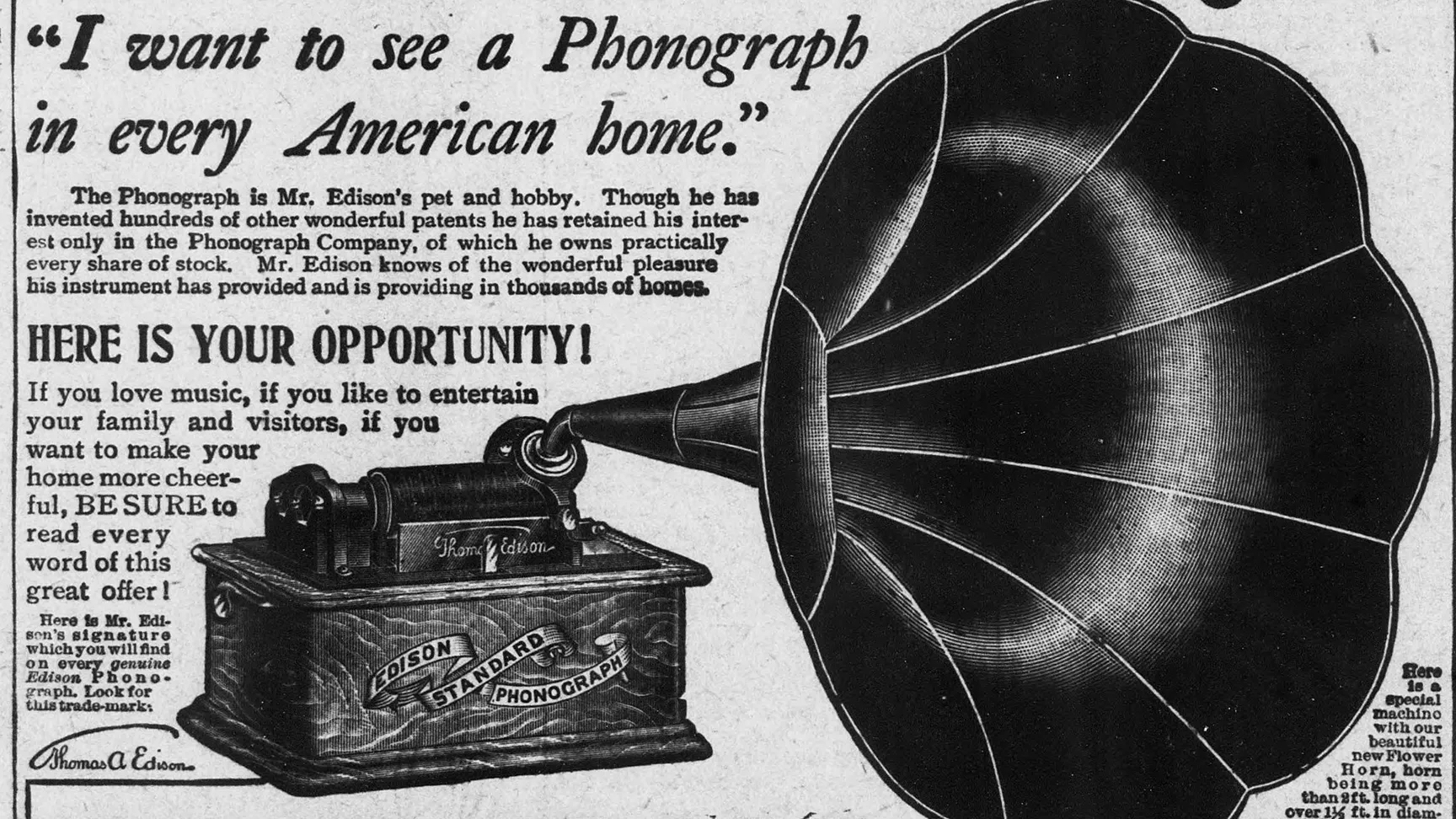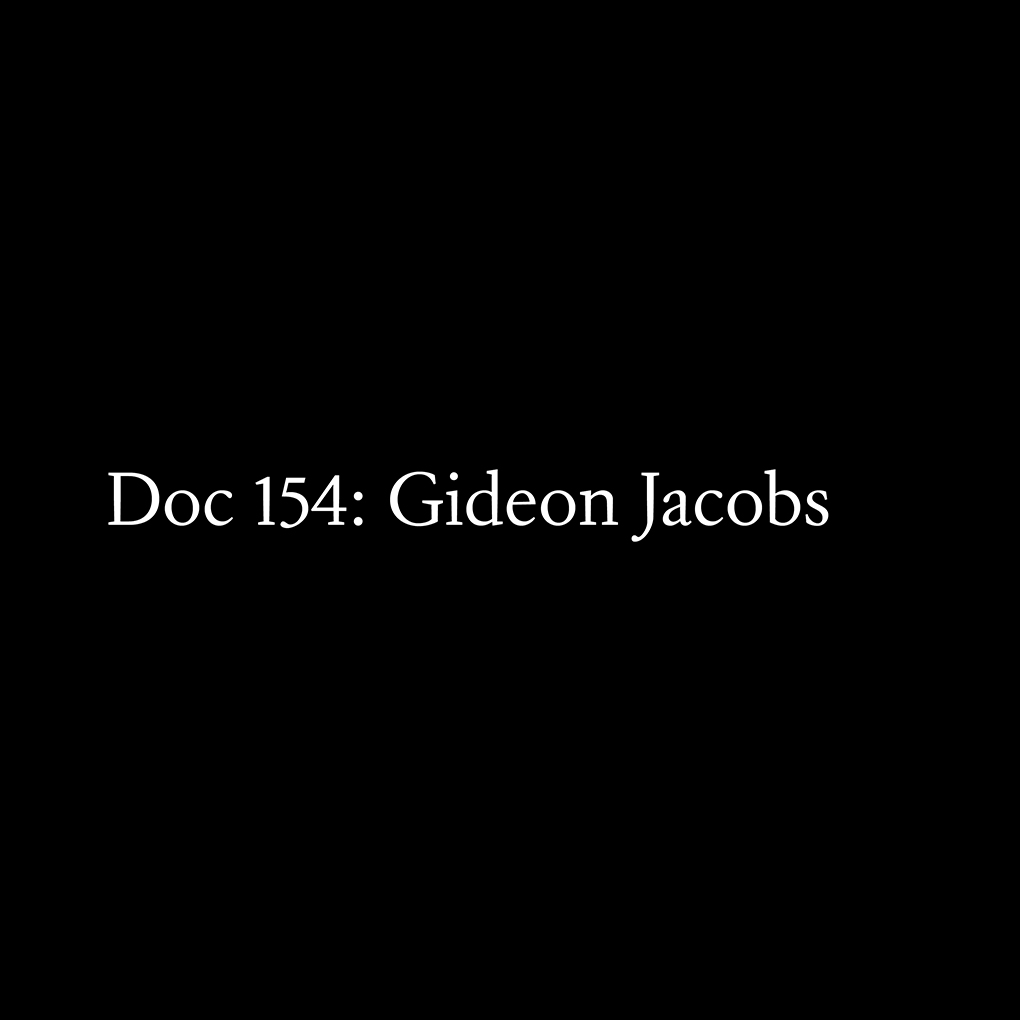
The Dealer is Dead

—Momus, Edinburgh, September 20th 2023
Header: Der Künstler verzweifelnd vor der Grösse der antiken Trümmer (The Artist’s Despair Before the Grandeur of Ancient Ruins), Johann Heinrich Füssli, 1778-1780.
Nick Currie, more popularly known under the artist name Momus, is a Scottish musician and writer. For over forty years he has been releasing music albums on labels in the United Kingdom, the United States, and Japan. Momus has published six novels included The Book of Jokes (Dalkey Archive Press, 2009), The Book of Scotlands (Sternberg Press, 2009), The Book of Japans (Sternberg Press, 2011), and UnAmerica (Penny-Ante Press, 2014). In 2020, Farrar, Straus & Giroux published Niche: a memoir in pastiche in which Momus tells the story of his creative life through fictional eyewitness statements from famous historic figures.

